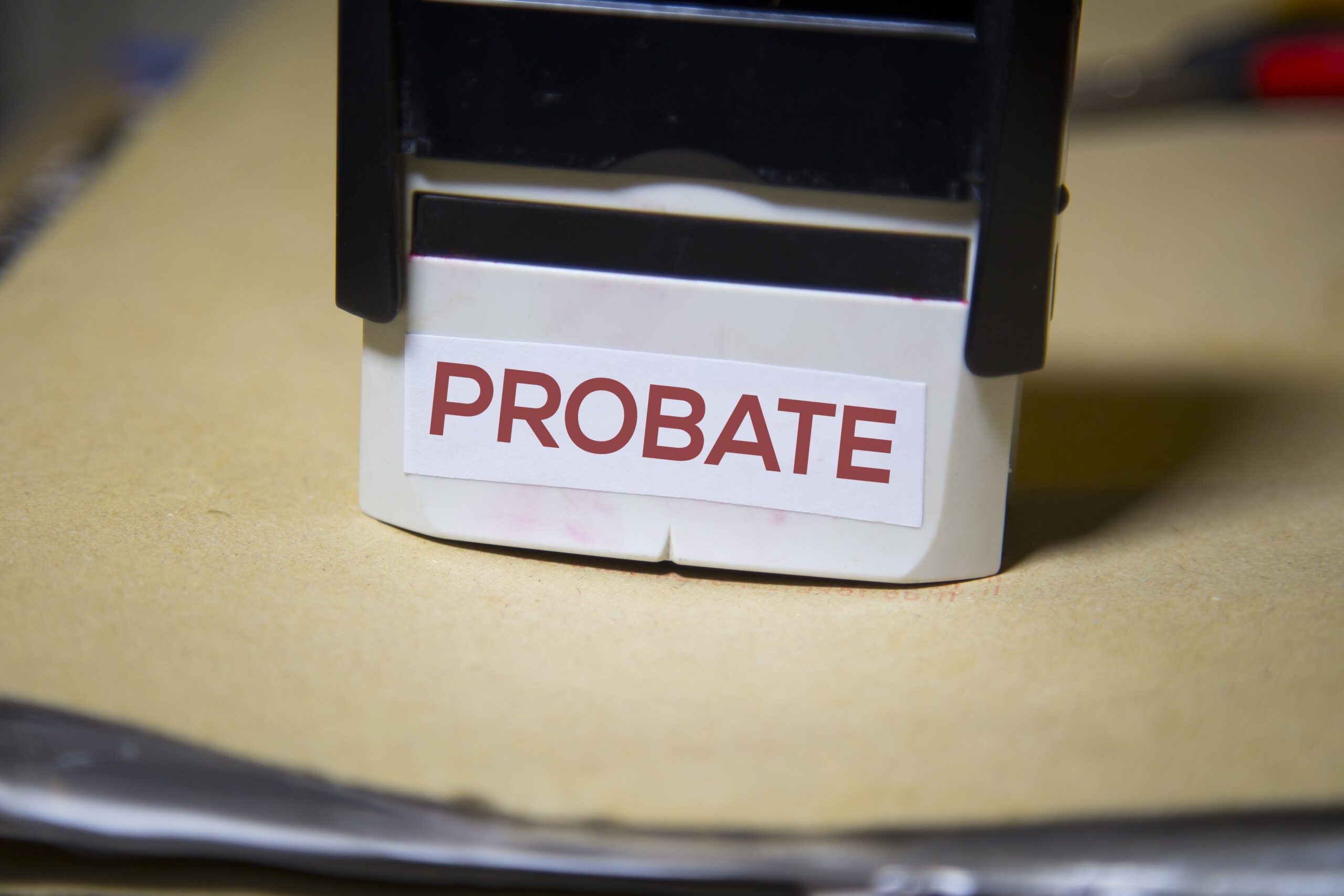
Becoming a guardian, conservator, or trustee can be a rewarding experience, but without the proper knowledge of the job you are getting into, it can be a costly and arduous job to fulfill.
Want to become a guardian, conservator, or trustee in the state of Washington? Brush up on your knowledge with this blog post to make sure you are ready.
Want even more info? View our FREE ebook: “Everything You Need To Know About Conservatorship Bonds”
What Is Guardian, Conservator, and Trustee?
Guardian, conservator, and trustee can sometimes be used interchangeably, and often they are. Some states, though, differentiate between the three.
- A guardian is an individual authorized to make health care and other non-monetary decisions for someone who cannot make those decisions themselves.
- A conservator is an individual authorized to only handle the finances and assets of someone who can no longer make financial decisions for themselves.
- A trustee is an individual authorized to manage someone’s property in their trust.
If an individual has appointed a separate guardian, conservator, and trustee, each should make sure they understand each other’s roles and responsibilities. When decisions are made, there should be open communicate between all parties. For example, the guardian may decide where the incapacitated individual should live, but only after talking with the conservator about the financial aspect of the decision.
If you are guardian, conservator, or trustee in Washington, you will need to get bonded by a Washington Guardian/Conservator/Trustee Bond before you can legally begin your duties.
What is a Guardian/Conservator/Trustee Bond?
A Washington Guardian/Conservator/Trustee Bond works similar to insurance. The bond ensures assets are not mismanaged or taken advantage of. If a guardian, conservator, or trustee improperly or dishonestly manages assets, the bond protects the incapacitated individual from any losses. If this happens, and a bond is in place, the bonding company will take action to recover the losses.
Not every conservator/guardian/trustee must get bonded though. In some cases, a judge might deem a bond unnecessary if the person needing guardianship/conservatorship has limited assets. It is important to understand if you need a guardianship/conservatorship bond or not so that you are not paying for something you don’t actually need.
How Much Does a Bond Cost?
The amount for your Washington Guardian/Conservator/Trustee Bond is generally determined by a judge. The bond amount is based on the worth of the financials or estate of the individual you will be caring for.
Your Washington Guardian/Conservator/Trustee Bond remains in place the entire length of time that the incapacitated individual you are caring for needs supervision or financial management help.
Because of this, you will need to continue paying the annual premium charged for the bond. Annual premiums are calculated based on a percentage of the total bond amount. Factors that are taken into account when determining this amount include personal credit history, specifics of the case, and your state’s guardianship requirements.
How Do I get a Washington Guardian/Conservator/Trustee Bond?
Your best option for obtaining a guardianship or conservatorship bond is through a surety bond company that has a large network of carriers. They will be able to use their resources to ensure you have the best shot at being bonded, and for the best price.
If you are ready to take on the task of being a guardian, conservator, or trustee, you can get free quotes and apply for your bond with Surety Solutions.
View our FREE ebook: “Everything You Need To Know About Conservatorship Bonds”
Related links:
Washington State Legislature on Guardianship Bonds







